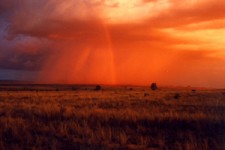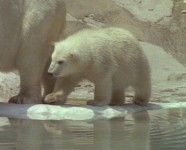Next two years hottest, says Met Office

Next two years hottest, says Met Office From the BBC By Roger Harrabin BBC environment analyst The next two years could be the hottest on record globally, says research from the UK’s Met Office. It warns big changes could be under way in the climate system with greenhouse gases increasing … Continue reading




